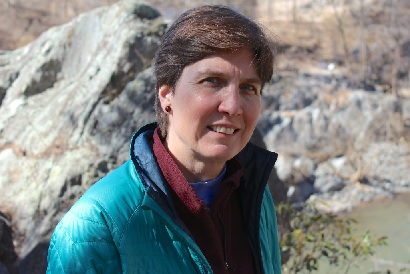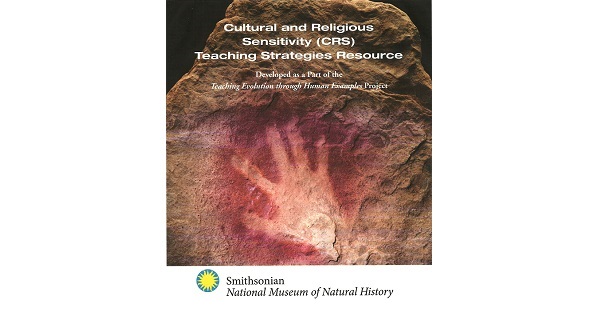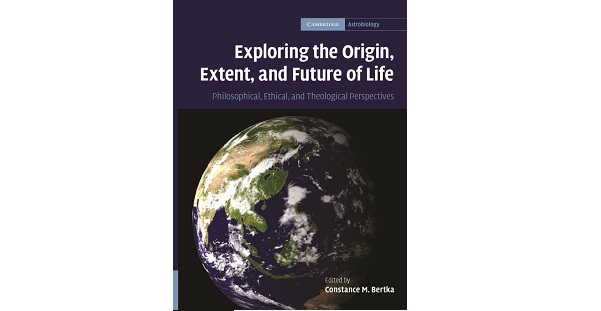 Constance (Connie) M. Bertka, received her Ph.D. in Geology from Arizona State University (1991) and an M.T.S., Master of Theological Studies, from Wesley Theological Seminary (2006). She is currently an independent scholar and consultant with Science and Society Resources LLC. Dr. Bertka Co-Chairs the Broader Social Impacts Committee of the Smithsonian's National Museum of Natural History’s Human Origins Program. She teaches a course on Contemporary Issues in Science and Religion at Wesley Theological Seminary in Washington DC. From 2002 through 2008 she directed the Program of Dialogue on Science, Ethics, and Religion at the American Association for the Advancement of Science. Prior to that she was a Senior Research Associate at the Carnegie Institution of Washington’s Geophysical Laboratory where she also served as the Program Director of the Deep Carbon Observatory from 2009 to 2011. In addition to her research in planetary sciences, Dr. Bertka has had a long-term scholarly and pragmatic interest in the relationships between science and religion and their influence on public understanding of science. She is the editor of Exploring the Origin, Extent, and Future of Life: Philosophical, Ethical, and Theological Perspectives, (Cambridge University Press, 2009), and she is the lead author on the Smithsonian's Human Origins Program's Cultural and Religious Sensitivity (CRS) Teaching Strategies Resource (2015). Dr. Bertka is also part of the team facilitating public programming for the Smithsonian’s traveling exhibit, Exploring Human Origins: What Does It Mean to Be Human?. The exhibit will visit nineteen public libraries around the country. The purpose of this traveling exhibit and accompanying programming is to further a national discussion, through community conversations, on the life sciences and to build opportunities for audiences to connect their personal lives and viewpoints with the scientific exploration of human origins.
Constance (Connie) M. Bertka, received her Ph.D. in Geology from Arizona State University (1991) and an M.T.S., Master of Theological Studies, from Wesley Theological Seminary (2006). She is currently an independent scholar and consultant with Science and Society Resources LLC. Dr. Bertka Co-Chairs the Broader Social Impacts Committee of the Smithsonian's National Museum of Natural History’s Human Origins Program. She teaches a course on Contemporary Issues in Science and Religion at Wesley Theological Seminary in Washington DC. From 2002 through 2008 she directed the Program of Dialogue on Science, Ethics, and Religion at the American Association for the Advancement of Science. Prior to that she was a Senior Research Associate at the Carnegie Institution of Washington’s Geophysical Laboratory where she also served as the Program Director of the Deep Carbon Observatory from 2009 to 2011. In addition to her research in planetary sciences, Dr. Bertka has had a long-term scholarly and pragmatic interest in the relationships between science and religion and their influence on public understanding of science. She is the editor of Exploring the Origin, Extent, and Future of Life: Philosophical, Ethical, and Theological Perspectives, (Cambridge University Press, 2009), and she is the lead author on the Smithsonian's Human Origins Program's Cultural and Religious Sensitivity (CRS) Teaching Strategies Resource (2015). Dr. Bertka is also part of the team facilitating public programming for the Smithsonian’s traveling exhibit, Exploring Human Origins: What Does It Mean to Be Human?. The exhibit will visit nineteen public libraries around the country. The purpose of this traveling exhibit and accompanying programming is to further a national discussion, through community conversations, on the life sciences and to build opportunities for audiences to connect their personal lives and viewpoints with the scientific exploration of human origins.
CULTURAL AND RELIGIOUS SENSITIVITY (CRS) TEACHING STRATEGIES RESOURCE
Review
(teacher) "This was the first time I have taken class time to address the question 'Why study evolution?". In years past, I took for granted that everyone would be on board, and if they were not there was not much I could do about it. I appreciate the way this structured lesson helped me slow down and acknowledge that certain people have doubts about the evidence for evolution. Those doubts should not have to be muffled. There is space for such dialogue, without diminishing the significance of evolution to the study of biology".

Exploring the Origin, Extent, and Future of Life Philosophical, Ethical and Theological Perspectives
Review
"...this volume is the product of a largely unprecedented and laudable collaboration between scientific and philosophical disciplines in approaching the growing field of astrobiology. Regardless of the readers' specialisation, this is an important 'turn-to' book for academic discussion on the inevitable philosophical, ethical and religious questions surrounding the search for life in the universe." - Leila Battison, Astrobiological Society of Britain